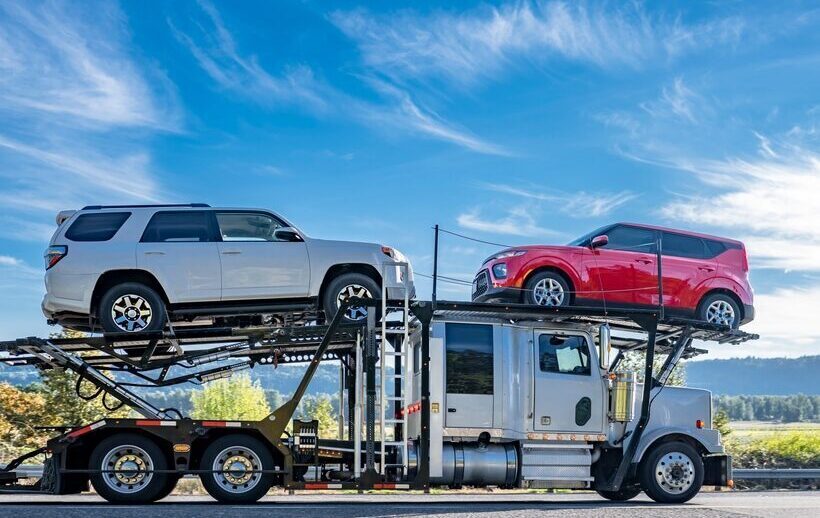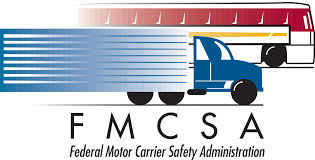
Transporting Classic Cars: A Guide to Safe and Efficient Shipping
Introduction
Classic and antique cars are more than just vehicles; they are pieces of history, works of art, and often, sentimental possessions. Transporting these precious assets requires a level of care and expertise that goes beyond the ordinary. This article will delve into the unique challenges and considerations involved in shipping classic or antique vehicles, offering insights to ensure a safe and successful journey for your prized possession.
Unique Challenges of Shipping Classic Cars
- Fragility and Sensitivity: Unlike modern vehicles, classic cars are often built with materials and techniques that are more susceptible to damage. Factors such as age, condition, and the presence of custom modifications can increase the risk of transportation-related issues.
- Value and Irreplaceability: Classic cars often hold significant monetary and sentimental value. The potential consequences of damage or loss during transportation can be devastating.
- Special Handling Requirements: Many classic cars require specific handling procedures to protect their delicate components and finishes. These may include special loading techniques, securement methods, and environmental considerations.
- Insurance and Documentation: Due to the high value and unique nature of classic cars, obtaining adequate insurance coverage and documentation can be more complex than for modern vehicles.
Considerations for Choosing a Transport Company
- Experience and Expertise: Look for a transportation company that specializes in handling classic and antique vehicles. They should have a proven track record of successful shipments and a deep understanding of the unique requirements of these vehicles.
- Insurance Coverage: Ensure that the transport company offers comprehensive insurance coverage that adequately protects your vehicle’s value.
- Shipping Methods: Consider the distance, condition of the vehicle, and your budget when choosing between different shipping methods such as enclosed trailers, open carriers, or international shipping.
- Communication and Customer Service: A reputable transport company will maintain open communication throughout the shipping process, providing regular updates and addressing any concerns promptly.
Preparing Your Classic Car for Transport
- Pre-Shipment Inspection: Conduct a thorough inspection of your vehicle to identify any potential issues that could be exacerbated during transportation. Address these problems before shipping.
- Cleaning and Detailing: A clean and well-maintained vehicle is less likely to suffer damage during transit. Consider having your car professionally cleaned and detailed.
- Securement and Protection: Ensure that all loose items are secured within the vehicle to prevent shifting and damage. Consider using additional protective measures such as padding or covers.
- Documentation: Gather all necessary documentation, including the vehicle’s title, registration, and insurance information.
Additional Tips for a Successful Shipment
- Research and Compare: Take the time to research different transport companies and compare their services, prices, and insurance offerings.
- Get Written Estimates: Obtain written estimates from multiple companies to ensure you are getting a fair price.
- Inspect the Vehicle Upon Delivery: Carefully inspect your vehicle upon delivery to identify any signs of damage. Report any issues to the transport company immediately.
- Consider a Shipping Agent: If you are shipping your classic car internationally, consider using a shipping agent who can handle customs clearance and other formalities.
By following these guidelines and working with a reputable transportation company, you can ensure that your classic car arrives safely and securely at its destination. Remember, the investment in careful planning and preparation is well worth it to protect your precious asset. Call 855-723-3200 today to get your free quote!








